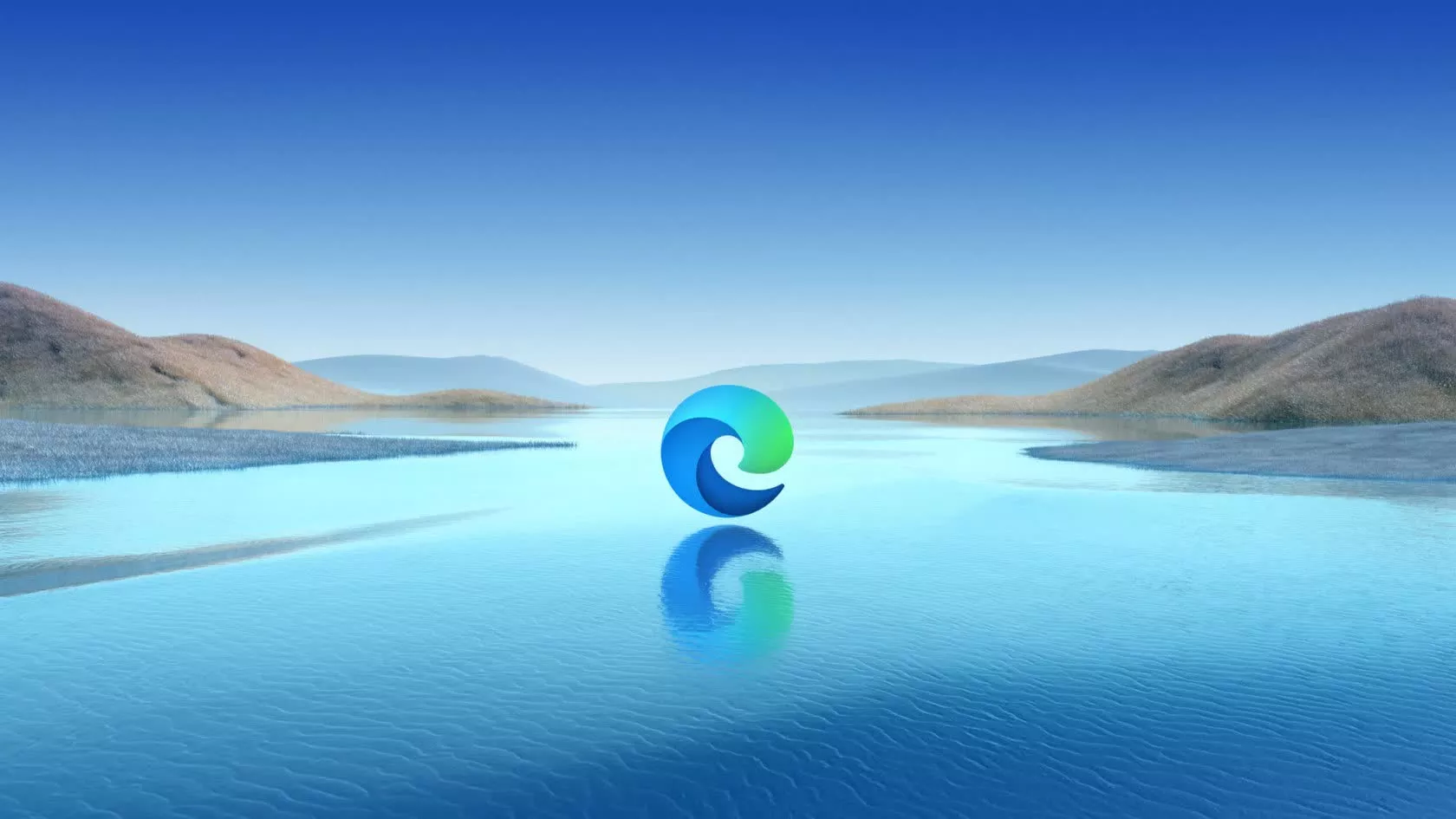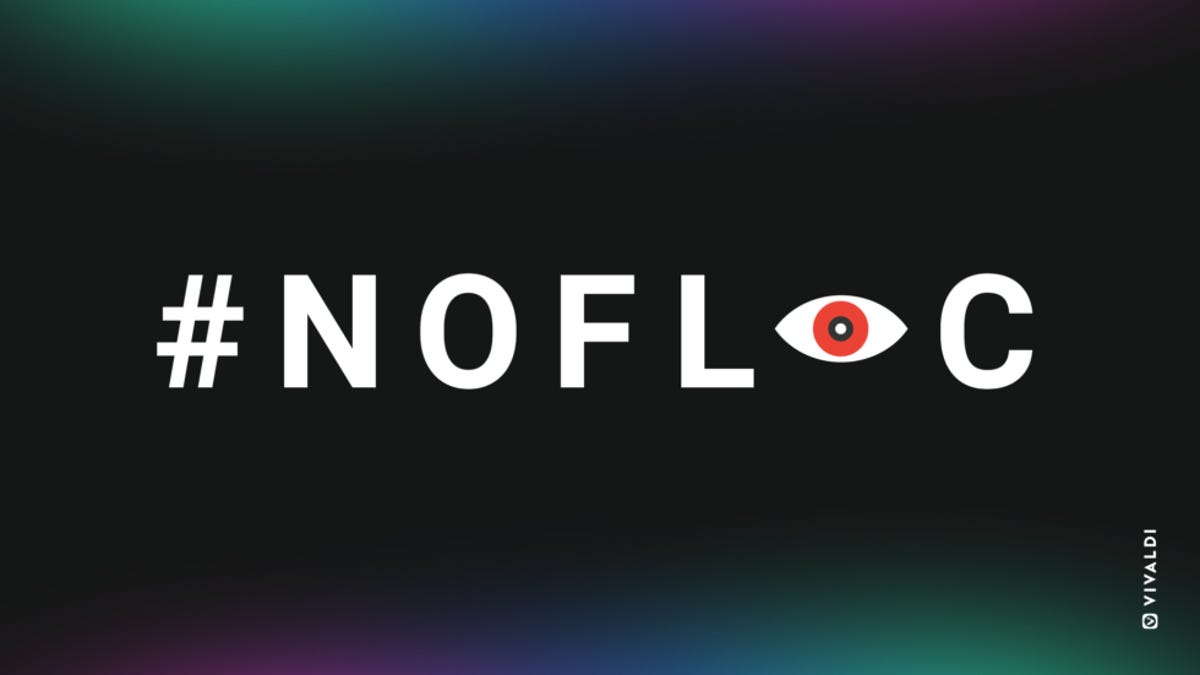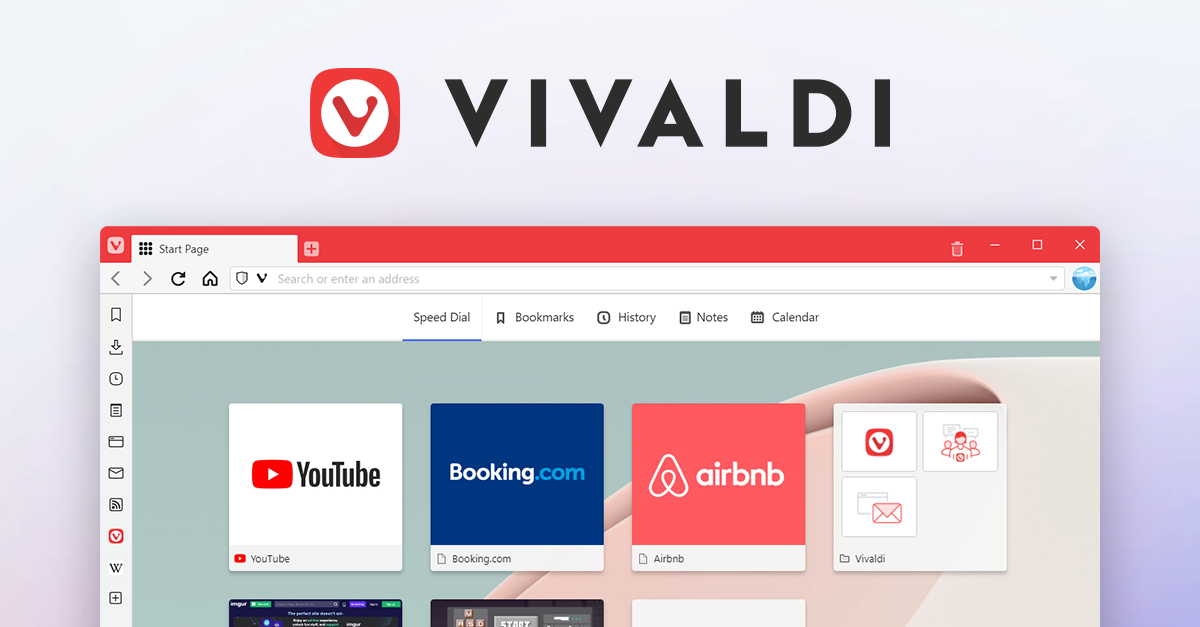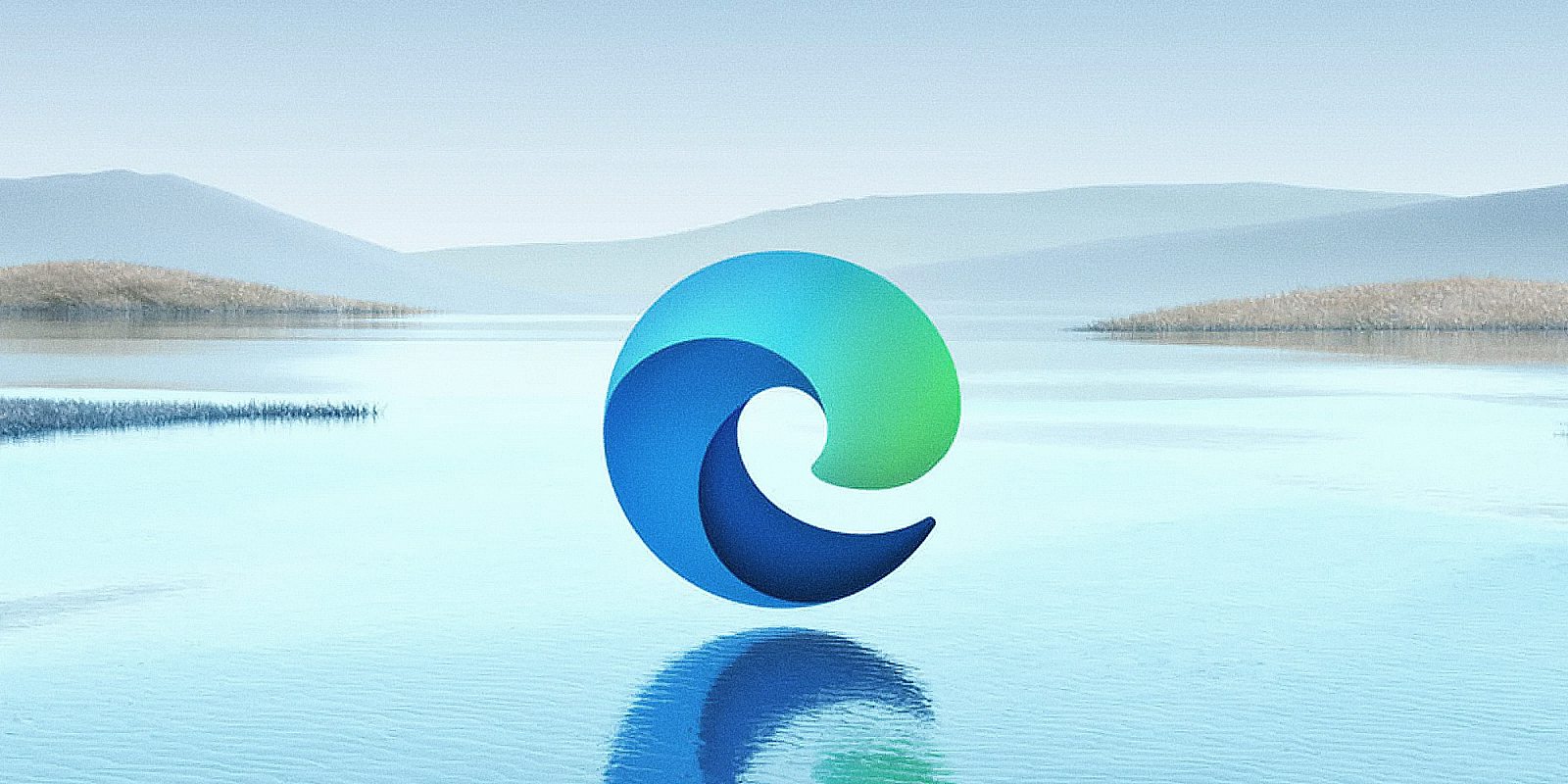What just happened? After months of seeing its popularity increase, is Microsoft Edge losing momentum? It certainly looks that way. The browser saw its market share decline in April, marking the end of fourteen consecutive months of growth.

Switching to a Chromium-based version brought plenty of new users to Edge. One analytics firm (NetMarketShare) put its market share as of March 2020 at 7.59%, above Firefox’s 7.19%.
It was more good news for Microsoft last month when another analytics company—StatCounter—reported that Edge has been adding users over the last few months while Firefox’s userbase declines, though it still gives Mozilla’s browser a larger market share.
StatCounter’s report for April, however, shows a change in Edge’s fortunes. The browser’s market share fell from 3.45% in March to 3.39% in April, its first decline since introducing the Chromium-based Edge in January 2020.
Source: StatCounter Global Stats - Browser Market Share
While the drop may have scuppered Microsoft’s hopes of overtaking Firefox in the near-term, it looks as if Edge will take the third spot behind Safari and Chrome eventually; Firefox’s share declined by a slightly larger percentage last month than Edge’s: 0.09% vs. 0.06%
Edge still has an unsurmountable task in catching up with leader Chrome, which holds a near 65% market share. The now-retired Internet Explorer and Edge Legacy, meanwhile, have both seen their shares fall below 1%.
As noted by TechRadar, some of Edge’s growth over the last 12 months was the result of users moving from IE and Edge Legacy, a trend that may have ended.
Microsoft will be hoping that the decline was just a temporary blip. We’ll have a clearer picture next month.
https://www.techspot.com/news/89541-microsoft-edge-browser-share-declines-first-time-14.html




